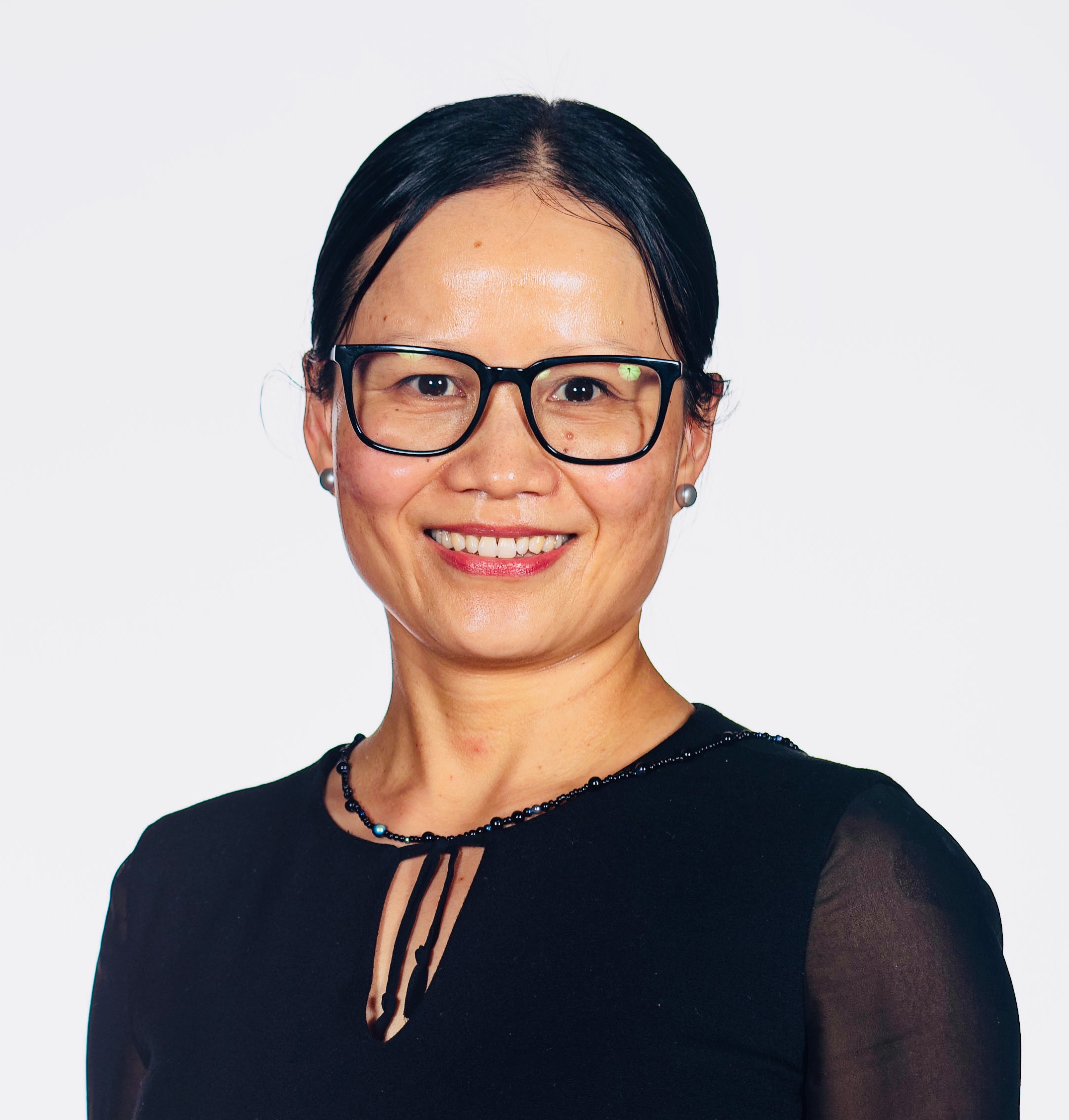Objectives
The redesigned Fall 2024 Ignatius seminar “Self and AI,” led by Professor Huaping Lu-Adler, introduced first-semester students to core philosophical concepts by examining the intersections of selfhood and artificial intelligence. With a focus on “self in the age of AI,” this course invites students to explore fundamental questions of self-consciousness, identity, and human subjectivity while equipping them with the skills to engage with AI ethically and with informed caution.
Organized as a core philosophy course, the seminar has three primary objectives: fostering students’ critical AI literacy, cultivating thoughtful engagement with philosophical questions about the human self, and encouraging reflection on AI’s social and ethical implications. In line with these goals, readings, discussions, and assignments encourage students to investigate philosophical issues such as what makes the human self uniquely “human.” In exploring ethical dimensions, the course also prompts students to critically assess how AI technologies, driven largely by powerful Western elites, may perpetuate or deepen structural injustices on a global scale if left unregulated. By studying how generative AI tools may perpetuate or even deepen existing forms of epistemic injustice, for instance, students are invited to think critically about their roles within these structures and the responsibilities they may bear to address or prevent these inequalities.
Outcomes
Students emerge from the course with a nuanced perspective on AI’s promises and challenges and are better equipped to guide others in understanding AI’s social and ethical impacts. Reflective discussions on their own evolving views on AI demonstrate a heightened awareness of its consequences, both personal and global. Supported by CNDLS’s curated AI resources and educational podcasts on the pedagogical implications of AI, this seminar bridges philosophy and technology, providing students with a comprehensive and critically informed approach to the ethical, social, and personal implications of AI in contemporary society.
For their final project, students give a presentation to a select audience to promote critical AI literacy beyond the classroom. Each presentation comes with an annotated list of further resources that is shared with the audience, which consists of at least three individuals outside the seminar. The hope is that what students have learned about the practical implications of generative AI can reach an even broader public through those individuals.
Team

Huaping Lu-Adler
Philosophy Department, College of Art and Sciences

